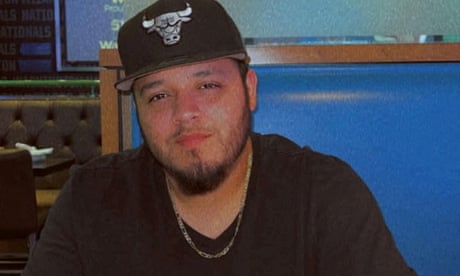Key Insights from the Latest Trump Interview: Diplomacy, Legal Challenges, and International Impact
In recent days, the subject of the Trump interview has taken center stage in both political discourse and media coverage. The conversation addresses not only the evolving diplomatic efforts between the United States and El Salvador but also the complexities surrounding ongoing legal battles, particularly in the case of Kilmar Ábrego García. This article examines the crucial points revealed in the latest Trump interview, the international dimensions at play, and the broader implications for U.S. policy.

The Trump Interview: Highlights and Controversies
During the recent Trump interview aired by ABC News, the former president was questioned about his administration's handling of Kilmar Ábrego García's wrongful deportation. Trump acknowledged his awareness of the case but shifted responsibility to his legal advisers, saying, "I’m not the one making this decision. We have lawyers that don’t want to do this." This remark quickly drew widespread attention and raised questions about executive accountability.
For in-depth reporting on this issue, The Guardian provided insights into the administration's direct contact with Salvadoran President Nayib Bukele regarding García’s detention. According to their sources, multiple Trump officials reached out to Bukele, though the Salvadoran leader rebuffed these efforts, leaving the legal and humanitarian situation unresolved.
U.S.–El Salvador Diplomacy and Legal Ramifications
The Trump interview further spotlighted the delicate nature of foreign relations between the U.S. and El Salvador. Trump’s suggestion that he "could" tell Bukele to return García—and his decision not to intervene personally—positions the episode as a test of presidential influence over diplomatic and legal procedures. These statements have complicated matters for the Justice Department, which now faces intense scrutiny from both courts and the public.
As reported by The New York Times, the administration seems to be navigating a legal tightrope. The U.S. Supreme Court previously ordered the White House to facilitate Ábrego García’s release, further intensifying pressure on officials to act. Yet, ongoing resistance from executive advisers has led to delayed compliance and mounting judicial questions.
Broader Implications and Ongoing Legal Challenge
The Trump interview underscores more than a single deportation case. It symbolizes a broader debate about the boundaries of executive power and the enforcement of court orders. Judge Paula Xinis recently ordered that up to six senior administration officials testify regarding the detention, intensifying the legal stakes for Trump and his team.
For a detailed timeline and official reactions, consult The Guardian’s coverage of the Trump administration’s legal strategies. This reporting includes statements from officials such as Secretary of State Marco Rubio and updates on federal court proceedings.
Conclusion: Why the Latest Trump Interview Matters
The new Trump interview sheds light on the crossroads of diplomacy, legal responsibility, and presidential authority. As the case of Kilmar Ábrego García continues to unfold, these interviews are vital for understanding not just the facts, but the values and decision-making processes shaping current U.S. policy. For readers seeking context and ongoing updates, reputable sources like The Guardian and The New York Times remain essential references.
Stay informed with timely analyses and firsthand insights from every important Trump interview as the legal and diplomatic story develops.